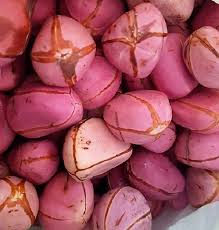

Kolanut
₦2,500.00 Original price was: ₦2,500.00.₦1,500.00Current price is: ₦1,500.00.
Kolanut, from the Cola tree, is a caffeine-rich nut native to African rainforests. Known for its stimulant effects, it’s used in West African cultural, social, and religious ceremonies. With high caffeine and theobromine, it boosts energy, aids digestion, and has antioxidant properties. Used in beverages and as a flavoring agent, kolanuts can be chewed, steeped as tea, or ground into powder. Store in a cool, dry place, with dried nuts lasting up to a year. Enjoy its unique flavor and health benefits!
Description
Kolanut, derived from the kola tree (genus Cola), is a caffeine-containing nut native to the tropical rainforests of Africa. The nuts, particularly from the species Cola acuminata and Cola nitida, are commonly chewed in many West African cultures for their stimulant effects. Kolanuts are also significant in cultural, social, and religious contexts across the region. The nuts have a bitter taste when fresh, which mellows as they are dried.
Nutritional Profile
Kolanut contains several key nutrients and compounds that contribute to its stimulating effects and health benefits:
- Caffeine: High levels of caffeine, providing a natural stimulant.
- Theobromine: Another stimulant similar to caffeine, found in chocolate as well.
- Tannins: Compounds with antioxidant properties.
- Carbohydrates: Provides a source of quick energy.
- Protein: Contains a small amount of protein.
- Vitamins: Includes vitamins like niacin (B3) and thiamine (B1).
- Minerals: Rich in minerals such as potassium, magnesium, and calcium.
Health Benefits
- Stimulant Properties: The caffeine and theobromine content provide a natural energy boost, enhancing alertness and reducing fatigue.
- Digestive Aid: Kolanuts are traditionally used to aid digestion, reducing bloating and gastrointestinal discomfort.
- Metabolic Boost: The caffeine in kolanut can enhance metabolism, aiding in weight management and increasing calorie burn.
- Antioxidant Effects: The tannins and other compounds in kolanut have antioxidant properties, helping to combat oxidative stress.
- Appetite Suppressant: Chewing kolanut can help suppress appetite, which can be beneficial for weight control.
Cultural and Social Significance
Kolanut holds a significant place in many African cultures:
- Social Ceremonies: Kolanuts are often presented as a sign of hospitality and respect during social gatherings and ceremonies.
- Traditional Medicine: Used in various traditional healing practices for its stimulant and digestive properties.
- Religious Rituals: Integral in certain religious and spiritual ceremonies, symbolizing respect and reverence.
Culinary Uses
While primarily chewed for its stimulant effects, kolanut is also used in various culinary applications:
- Beverages: Used as a flavoring agent in traditional beverages and some modern energy drinks.
- Extracts: Kolanut extract is used in the production of soft drinks, most notably in the original formulations of cola beverages.
- Powder: Ground kolanut powder can be added to foods and drinks as a stimulant or flavoring.
How to Use Kolanut
- Chewing: Traditionally, fresh or dried kolanuts are chewed directly. They are typically split open, and the seeds are chewed to release the stimulant compounds.
- Infusion: Kolanut can be steeped in hot water to make a stimulating tea.
- Cooking: Ground kolanut can be used in small quantities in cooking to impart its unique flavor and stimulant properties.
Storage and Shelf Life
- Storage: Store kolanuts in a cool, dry place. Dried kolanuts should be kept in an airtight container to maintain freshness.
- Shelf Life: Fresh kolanuts have a shorter shelf life and should be consumed within a few weeks. Dried kolanuts can last several months to a year if stored properly.
Culinary Tips
- Balancing Flavor: Due to its bitter taste, kolanut should be used sparingly in recipes. Pair with sweeteners or other flavorings to balance its bitterness.
- Gradual Introduction: When using kolanut for the first time, start with small amounts to gauge its effects, especially due to its high caffeine content.
Additional information
| Pieces | 1 |
|---|
Related products
-
Sale!
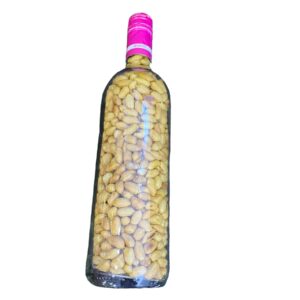
Peanut Groundnut
₦5,000.00Original price was: ₦5,000.00.₦4,000.00Current price is: ₦4,000.00. Select options This product has multiple variants. The options may be chosen on the product page -
Sale!
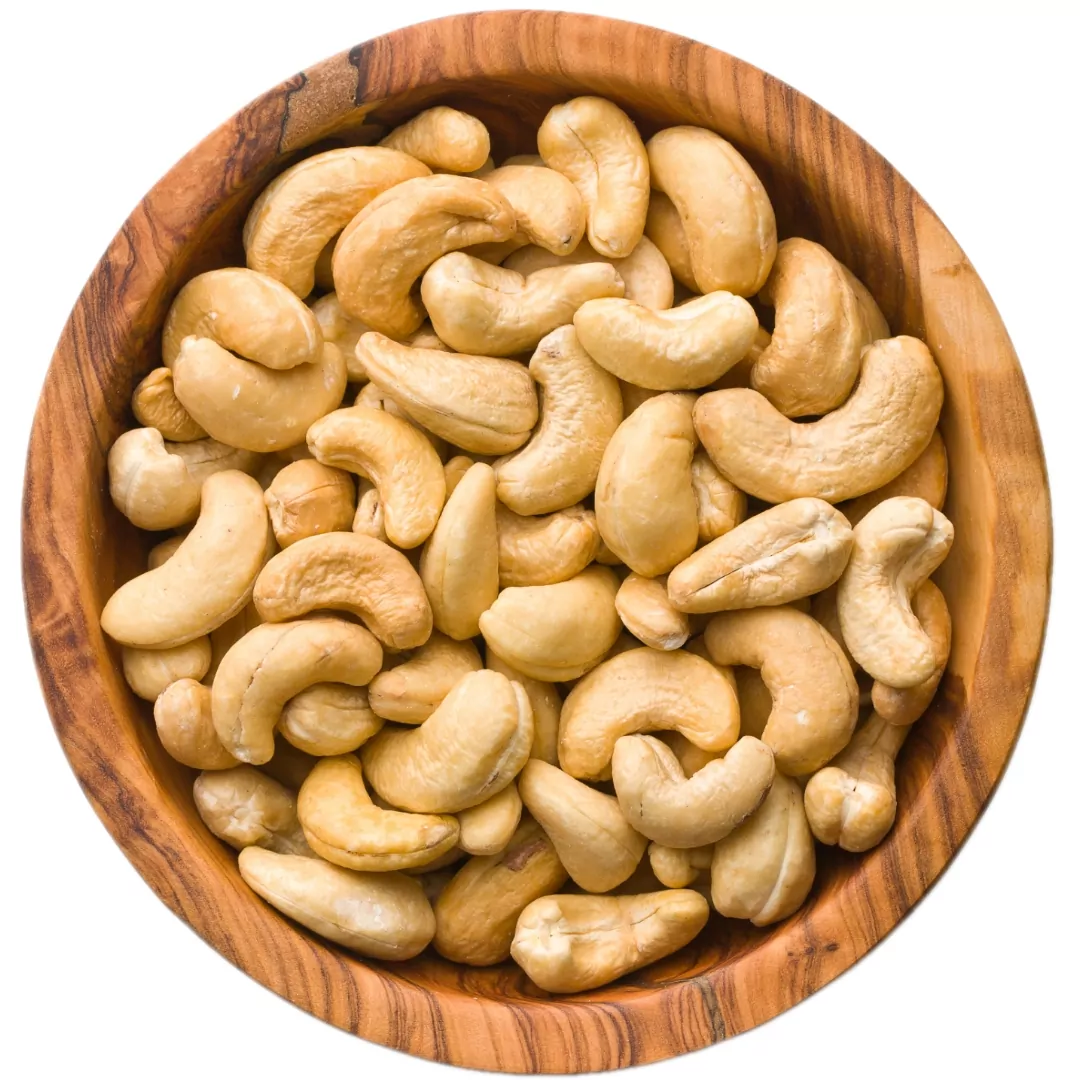
Cashew nuts
₦16,000.00Original price was: ₦16,000.00.₦15,000.00Current price is: ₦15,000.00. Select options This product has multiple variants. The options may be chosen on the product page -
Sale!
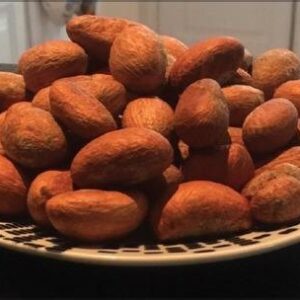
Bitter cola
₦7,000.00Original price was: ₦7,000.00.₦6,000.00Current price is: ₦6,000.00. Select options This product has multiple variants. The options may be chosen on the product page -
Sale!
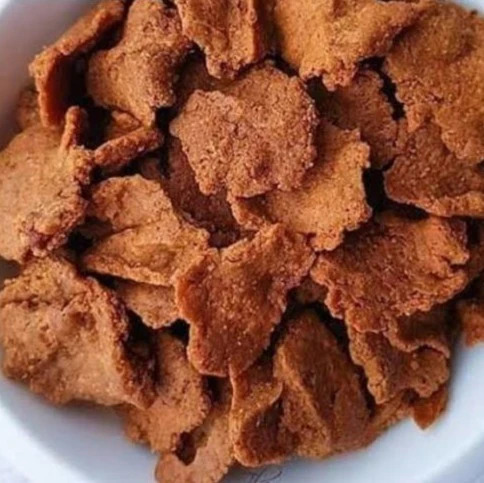
kulikuli
₦6,000.00Original price was: ₦6,000.00.₦5,000.00Current price is: ₦5,000.00. Select options This product has multiple variants. The options may be chosen on the product page

